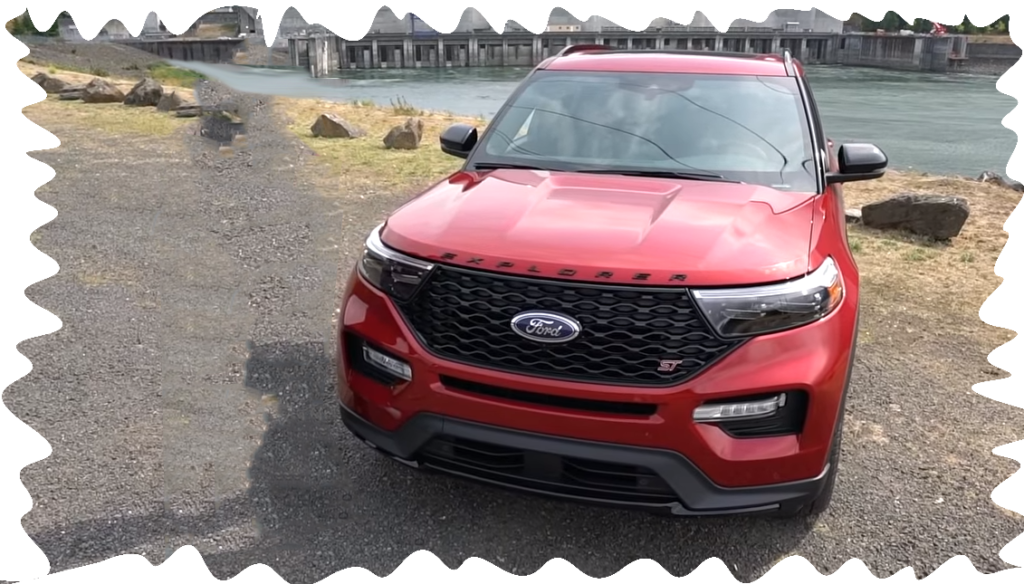What You Need to Know About Insuring a Leased Car
The chief advantages of leasing a car are the lower monthly payment and the lower price of entry. However, one of the most significant costs of leasing typically gets overlooked. Insurance is almost always more expensive.
Here’s what you need to know about insuring a leased car.

You Don’t Own the Car
Granted, this is technically true whether you lease or buy a car.
However, lessees are held to a higher standard in this regard. The leasing company buys the car on your behalf and rents it back to you. When you finance a car, the banks simply loan you the money. Yes, they are listed as a lienholder — but you’re considered the owner of the car for all other intents and purposes.
Personal injury lawyers know leasing companies typically have deep pockets. If you’re involved in an accident in their car and someone is badly injured, the leasing company wants to make sure you have as much insurance coverage as possible between them and that person.
Additionally, they want to be certain their car will be repaired or replaced in order to protect the investment they have in that vehicle.
You’ll Need Higher Liability Limits
As a result, you’ll typically be required to carry the maximum liability limits and a low deductible — to ensure you’ll have the financial ability to cover it. As you might well expect, this means the monthly premiums you’ll pay are going to be more expensive, because you’re asking the insurance company to take on more risk. After all, that low deductible means they’ll have to pay more to settle a claim, as do those high liability limits.
You’ll Have to Buy Broader Coverage
If you’re driving an older car with little value, you can often get away with just carrying liability insurance to take care of anyone if you’re found to be at fault in an accident. When you lease a car, you’ll need to have collision and comprehensive coverage, as well as gap insurance.
Collision insurance pays for damage to your vehicle if you hit a car, another vehicle hits yours — or your vehicle rolls over — regardless of who is at fault. This is something you’ll be very glad you had if an uninsured driver hits your car. Meanwhile, comprehensive coverage pays for damage to your vehicle from events other than a car accident, like theft, vandalism, and certain natural disasters. Gap insurance will pay the difference between what the insurance company decides the car is worth and the lease payoff amount if the car is declared a total loss.
Again, all of this is to ensure (if you’ll pardon the pun) the leasing company is made whole regardless of what happens.
Original Replacement Parts Are Usually Required
When body shops repair your car after an accident, you’ll have choices similar to those you encounter at a pharmacy. You can get the generic drug that does the same thing and costs a lot less, or you can opt for the name-brand medication, which costs a lot more.
Leasing companies almost always require repairs be effected with OEM (original equipment manufacturer, AKA name-brand) replacement parts. Again, their primary concern is to make sure the car retains as much of its value as possible so they can get their money out of it at the end of the lease. Going with generic parts holds the potential to jeopardize this possibility.
So, basically, what you need to know about insuring a leased car is all of these requirements make it a more expensive proposition. On the other hand, they also make you a whole lot less likely to wind up on the hook for any expenses beyond your deductible should something go catastrophically wrong.
Related Posts
-
 Top 8 Entertaining Facts About Trucking
No Comments | Oct 12, 2021
Top 8 Entertaining Facts About Trucking
No Comments | Oct 12, 2021 -
 How to Break into the Cannabis Industry
No Comments | Oct 23, 2018
How to Break into the Cannabis Industry
No Comments | Oct 23, 2018 -
 Presidential Cocktails: History of the White House Wet Bar
No Comments | Dec 14, 2013
Presidential Cocktails: History of the White House Wet Bar
No Comments | Dec 14, 2013 -
 5 Reasons to Switch from Coffee to Tea
No Comments | Mar 14, 2016
5 Reasons to Switch from Coffee to Tea
No Comments | Mar 14, 2016
